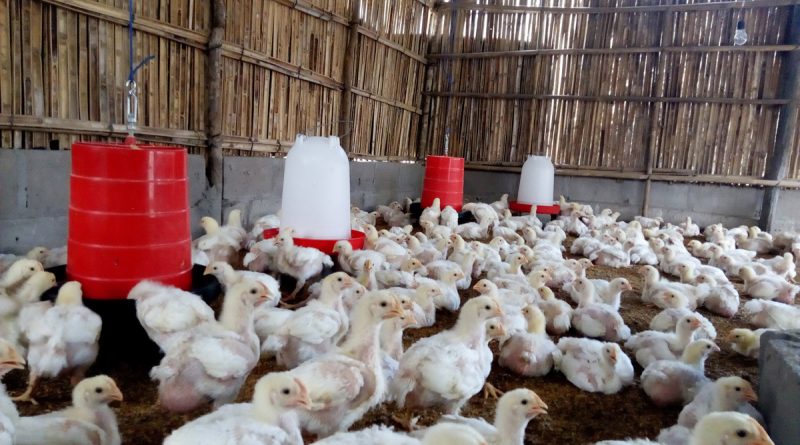DISAA, ENI, UNIDO and AGA KHAN FOUNDATION in AGRICULTURE MOZAMBIQUE: DEVELOPMENT IN CABO DELGADO,
Cabo Delgado is a province located in northern Mozambique and is the poorest in the country. Agricultural production is extremely limited by the limited availability of production factors, such as certified seeds, irrigation systems, fertilizers; the supply of agricultural products therefore depends almost exclusively on imports from South Africa. This province has recently gained economic interest thanks to the discovery of off-shore natural gas fields, in which some of the major oil and gas companies already operate, including ENI, which financed a project for compensatory works to be implemented in favour of the local population, for which the DiSAA is responsible.
In particular, the project has a double objective: to improve food security conditions for local farmers and their families and to increase the income of the farmers themselves through market-oriented production. In the first months of activity, DiSAA researchers analysed the status of agricultural activity in the province, studying different supply chains and the relative markets, highlighting the potential of the system and the relative critical points, in order to plan in detail, the development of the farm that will host the production of horticultural products, forage, and eggs. In collaboration with the ENI Sustainability Department and UNIDO, the United Nations agency for industrial development, the most adaptable crops to the local context were identified, with the aim of maximizing productivity, as well as defining the production guidelines that will be followed already in the pilot phase of the project. The DiSAA researchers have also studied commercial channels and agreements are in the process of being finalized to bring the products both to local markets and on board the off-shore extraction plant, alongside catering agencies that operate locally and encounter considerable difficulties. in finding fresh products.
In addition to the production activity, the professors and researchers of the Department will also be involved in training activities aimed at strengthening the agronomic knowledge of local technicians who already work in the agricultural institute managed by the Aga Khan Foundation, which counts 40 professors and more than 400 students. In collaboration with ENI and UNIDO, the DiSAA will therefore make its technical and scientific contribution to the development of a sector of fundamental importance for the local economy, which to date is not adequately structured to satisfy the internal demand for agricultural and food products.
Contacts
Alessia Perego (alessia.perego@unimi.it), Stefano Corsi (stefano.corsi@unimi.it)

